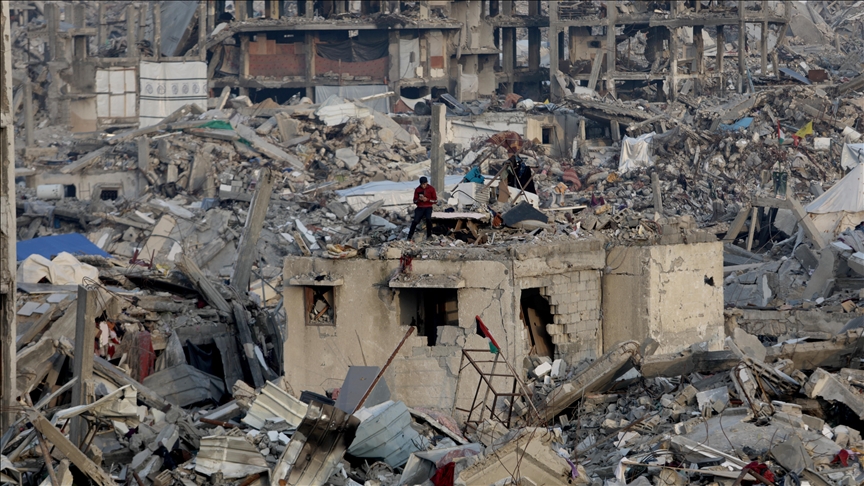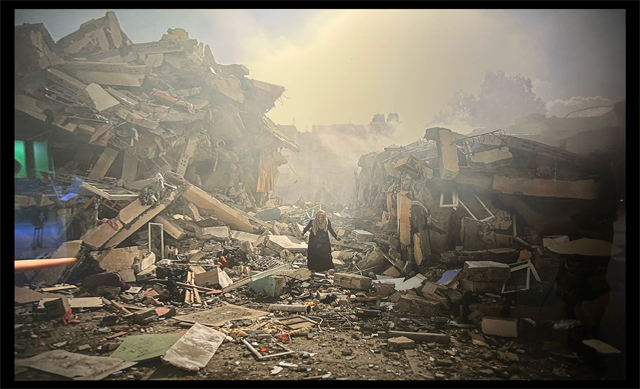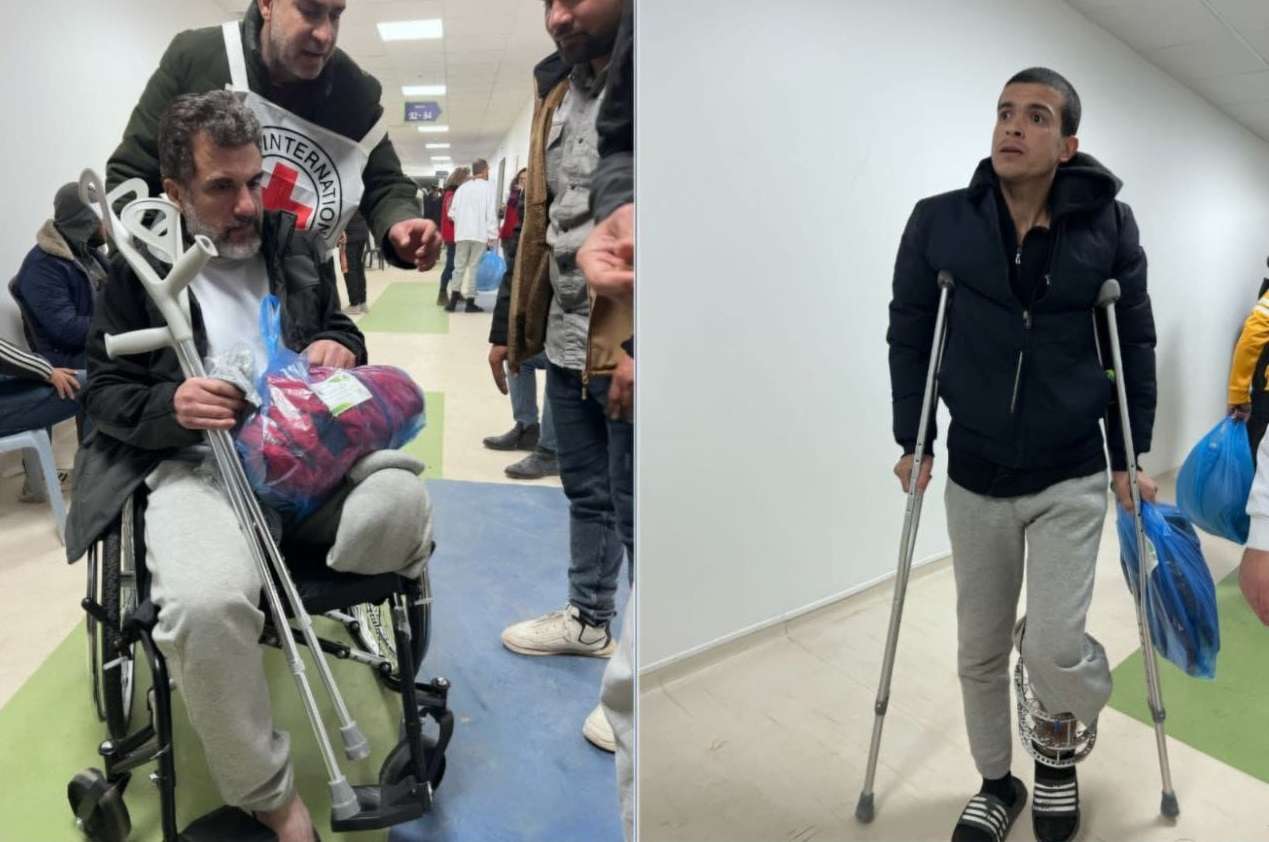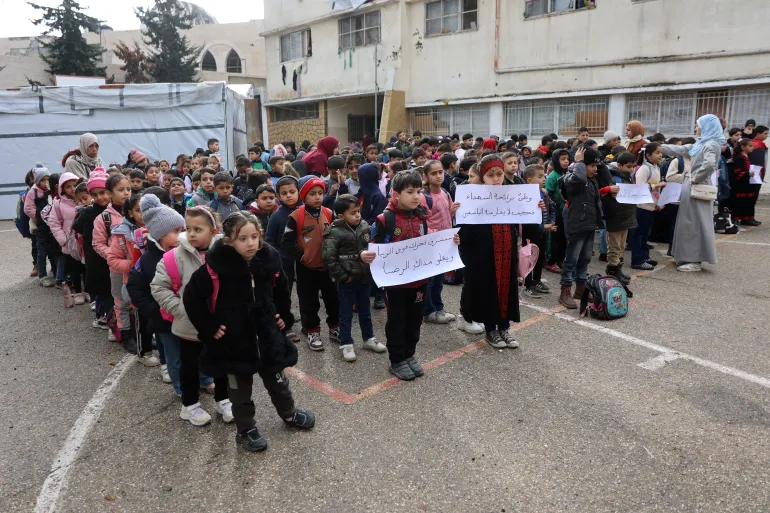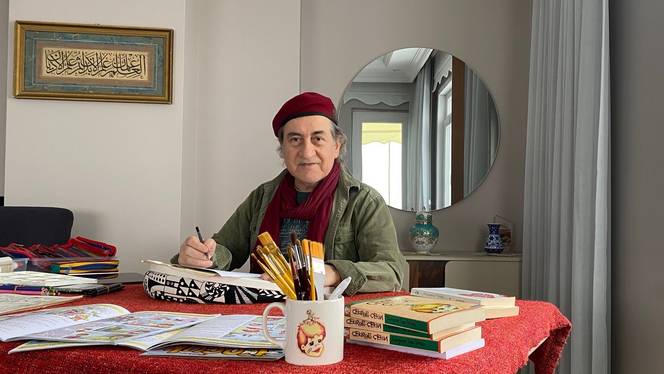Israel Threatens to Resume War…
Israel has threatened to resume its genocide war in Gaza, setting a deadline of 10 days for Hamas to release the remaining captives, a move that violates the ceasefire agreement.
Israel’s Channel 12, citing an Israeli official, said on Monday that the occupation government has set a deadline 10 days from now for Hamas to release the remaining captives in Gaza before a return to war.
“We are currently at a dead end regarding the deal negotiations,” the official told Channel 12.
At the parliament on Monday, Israeli Prime Minister Benjamin Netanyahu threatened, “I tell Hamas: If you do not release our hostages, there will be consequences that you cannot imagine.”
Defence Minister Israel Katz later said if Hamas did not free the captives, “the gates of Gaza will be locked, and the gates of hell will open”.
“We will return to fighting, and they will face the (army) with forces and methods they have never encountered—until a decisive victory,” he said in a statement.
Israel Violates Ceasefire
Israel has imposed a block on all aid entering Gaza following the end of the first phase of the ceasefire deal. Netanyahu’s office issued a statement on Sunday morning confirming the decision.
The move, which coincides with the holy month of Ramadan, came after Hamas refused to accept the extension of the first phase of the ceasefire deal.
Israel said that it had accepted a last-minute proposal put on the table by the US president’s special envoy for the Middle East, Steve Witkoff, for a temporary ceasefire over Ramadan and Passover.
According to Israel, the proposal also outlined the release of all captives still in Gaza in two stages, with the second stage contingent on negotiating a permanent ceasefire.
“With the end of phase one of the hostage deal, and in light of Hamas’ refusal to accept the [US envoy Steve] Witkoff outline for continuing the talks – to which Israel agreed, Prime Minister Netanyahu has decided that starting this morning all entry of goods and supplies into the Gaza Strip will cease,” the statement said.
“Israel will not allow a ceasefire without the release of our hostages. If Hamas continues its refusal, there will be further consequences.”
Hamas refused to extend it, noting it will only release captives in phases, per the ceasefire agreement, which Israel is now refusing to continue.
It said it would only accept moving to the second stage, which was supposed to guarantee the definitive end of the assault, an Israeli withdrawal from Gaza, and the release of remaining captives.
Hamas also slammed Israel’s decision to block the entry of aid and adopt the US proposal. In a statement, the movement said this “is a blatant attempt to renege on the agreement and evade negotiations for its second phase.”
“Netanyahu’s decision to block the entry of all humanitarian aid into Gaza is a cheap blackmail and a war crime in an appalling violation of the ceasefire deal. Mediators and the international community must act to place pressure on the occupation and put an end to its punitive and immoral measures against more than two million people in the Gaza Strip.”
Hamas stated that Israel has continued to violate the ceasefire since it took effect, which has resulted in the killing of over 100 people in Gaza and the disruption of the humanitarian protocol. This includes blocking the entry of sheltering and relief aid, further aggravating the humanitarian catastrophe in Gaza. According to Gaza’s Government Media Office, Israel has committed around 962 violations of the ceasefire agreement according to the Quds News Network.

